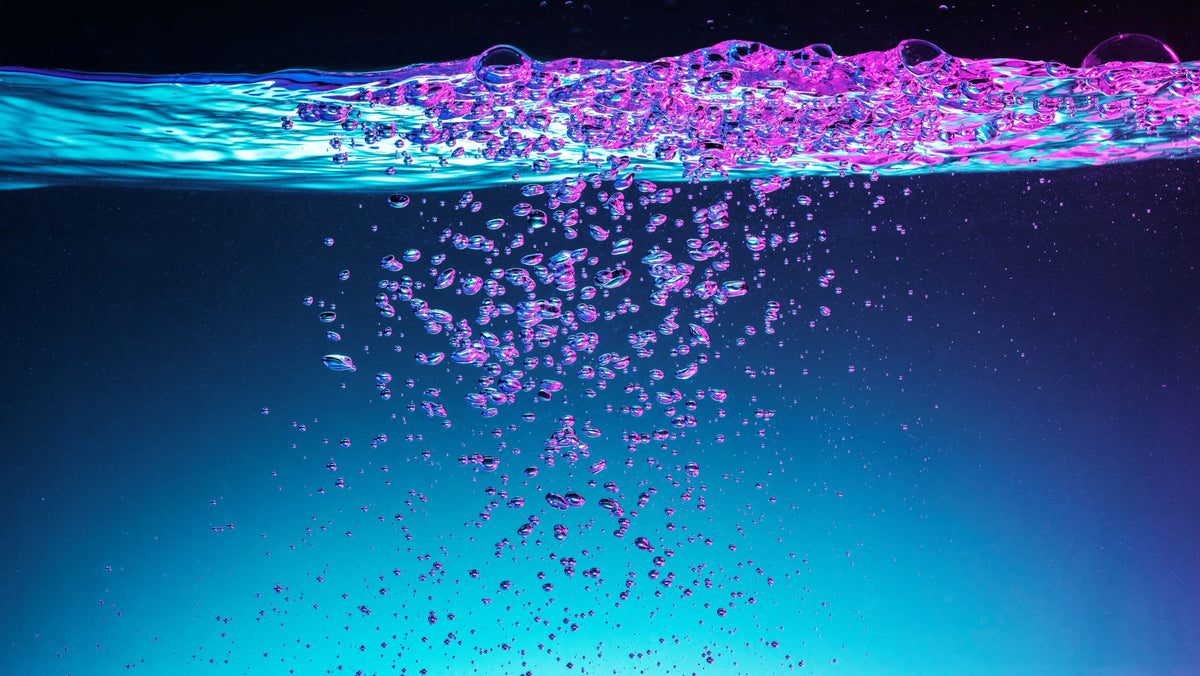Best Charcoal Water Filters

Where To Find The Best Charcoal Water Filters
Both charcoal water filters and reverse osmosis (RO) filters are widely used to purify drinking water. While both systems' end result is the same—healthy, safe drinking water—their processes and filtration efficacies are different. Activated carbon filters, of which charcoal water filters are a subset, use charcoal to purify water. The activated charcoal's pore structure efficiently absorbs harmful substances like chlorine, silt, VOCs, and smells. Charcoal water filters improve water's flavor through a natural filtration process that keeps healthy minerals intact.Water purification with RO filters occurs in stages. A semi-permeable membrane is the central part, functioning as a physical barrier to capture and flush out contaminants. Bacteria, viruses, metals, dissolved solids, and certain chemicals are just some of the things that reverse osmosis filters are able to filter out. However, they also strip the water of necessary minerals, necessitating extra remineralization.
Organic chemicals, chlorine, and sediment are easily filtered out of the water with a charcoal filter. They are effective in reducing unpleasant odors and tastes because they efficiently filter out the most prevalent pollutants. However, they might not be as efficient in filtering out dissolved solids or smaller particles. Water purified by RO filters is exceptionally pure, as they are able to filter out even the tiniest of particles. The semi-permeable membrane prevents the passage of bacteria, viruses, metals, and dissolved solids, resulting in water of the highest purity. Although RO filters provide an exceptionally high level of filtration, they sometimes need a pre-filter to keep the membrane in good condition and keep everything running smoothly.
Most charcoal filters lose their efficiency after a certain amount of time and must be replaced. Replacement intervals are context and filter-type dependent. Cartridge replacements are easily accessible and typically less expensive than RO filter swaps. Overall, charcoal filter maintenance costs are modest. Filter replacement, membrane cleaning, and sanitization are all frequent parts of RO filter maintenance. Every two to three years, at most, depending on water quality and consumption, you'll need to replace the membrane. RO filters are ideal for places with difficult water conditions, but their higher level of filtration comes at the expense of more complex and expensive maintenance.
Wastewater is produced as a byproduct of the filtration process in reverse osmosis systems. Depending on how efficient the RO system is, it can waste anywhere from three to five gallons of water for every gallon of cleaned water. Wasted water from RO filters is something to think about, especially in water-scarce areas. The best charcoal water filters are more eco-friendly because they don't waste water in the purification process.
Because we care about your health and the quality of your drinking water, we've taken great care in selecting just the highest-quality and best charcoal water filters for you to choose from. Our filters work to improve the water's flavor and safety while removing contaminants. We're confident that you'll discover what you're looking for in a charcoal water filter here at IsopureWater.com.
We recognize the value of a dependable and high-quality water filtration system. Isopure Water goes above and above to find and supply only the best charcoal water filters on the market. To guarantee the highest quality and efficiency, we put each filter through extensive testing. We only partner with reliable factories known for their skill in creating high-quality filters. Every filter you buy from us is guaranteed to be of the finest quality because of our stringent quality control requirements.




